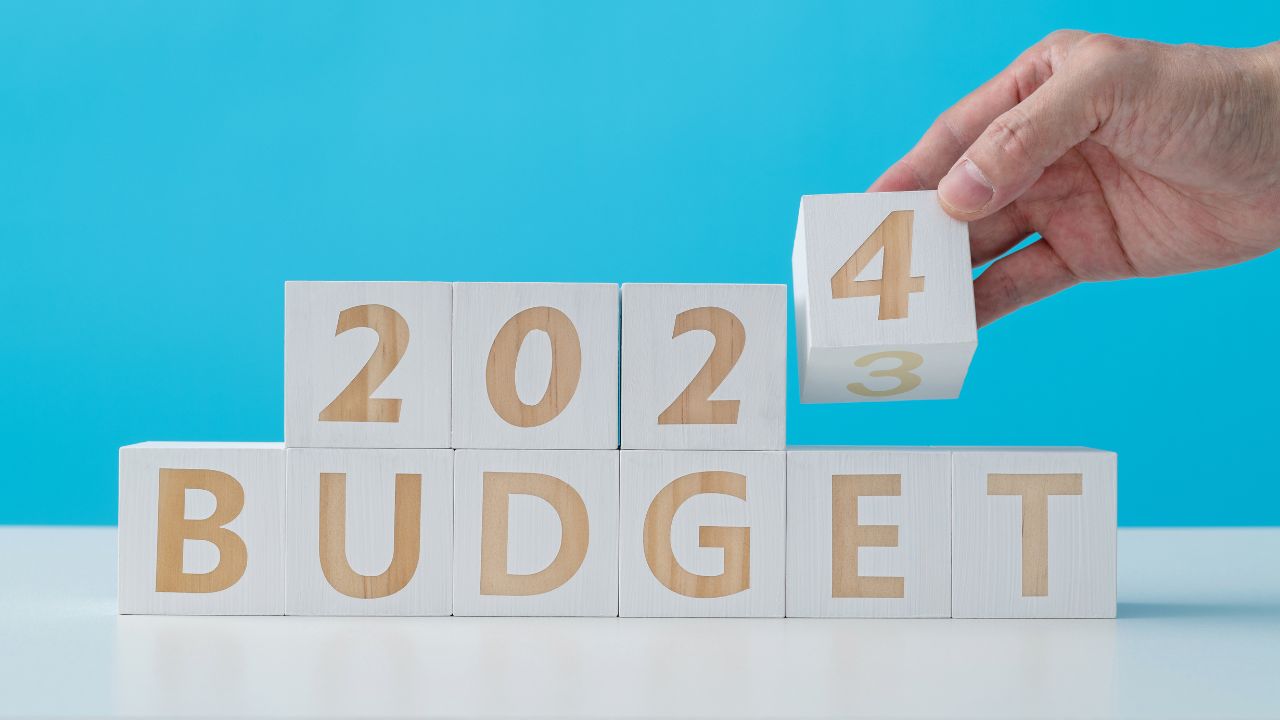- By Ritesh Kumar
- Thu, 25 Jan 2024 04:25 PM (IST)
- Source:JND
Budget 2024 Expectations: The education sector in India is on the brink of transformative changes, with the upcoming budget expected to play a crucial role in shaping the future of learning and skill development. As echoed by educational leaders, including Prabhat Pankaj, Vice Chancellor Kim Menezes, CEO Dhruv Galgotia, and Kunal Vasudeva, the budget is anticipated to align with the goals set by the New Education Policy (NEP) 2020 and address various challenges and opportunities within the sector.
Gross Enrolment Ratio (GER) and Vocational Education:
Prabhat Pankaj Director of Jaipuria Institute of Management, Jaipur, emphasises the importance of Gross Enrolment Ratio (GER), a key metric for assessing educational access, which is targeted to reach 50 per cent by 2035. The upcoming budget is expected to allocate funds to support this ambitious goal, focusing on investment and capacity creation. Additionally, there is a spotlight on vocational education, with the NEP aiming for 50 per cent of learners to have vocational exposure. This emphasis is likely to influence budgetary allocations, reflecting a commitment to equipping students with practical skills alongside traditional academic learning.
AI in Education and Digital Learning:
The integration of Artificial Intelligence (AI) into education and the promotion of digital learning are highlighted as key priorities in the upcoming budget. Prabhat Pankaj stresses the need for a well-designed teacher training module to effectively implement these technological advancements. The budget is expected to address this aspect, recognising the pivotal role of teachers in facilitating the transition to AI-driven and digitally enhanced learning environments.
Internationalisation of Education:
Prabhat Pankaj also calls attention to the 'Study in India' program and the importance of elevating the global standing of Indian universities through international rankings. This indicates a desire for increased focus and investment in initiatives that promote India as an attractive destination for higher education. The global perspective in education is likely to be a key theme in the budget, with potential measures to enhance the internationalisation of Indian education institutions.
Expectations from Higher Education:
Kim Menezes, Vice Chancellor of GD Goenka University, outlines specific expectations from the higher education sector. These include increased funds for research and development, lower interest rates for student loans, and a reduction in the GST rate on educational services and products. The target of allocating 6% of GDP to education, as set by the NEP, is anticipated to be addressed in the budget, reflecting the commitment to advancing academic growth and innovation.
Innovation in Pedagogy:
Dhruv Galgotia, CEO of Galgotias University, looks forward to a budget that supports innovation, responsiveness, and future-ready education. With a focus on pioneering pedagogical approaches aligned with the needs of the 21st century, he emphasises the importance of investing in teaching methodologies, interdisciplinary collaborations, and creating an environment that fosters exploration and creativity.
Revitalising Hospitality Education:
Mr. Kunal Vasudeva, Co-Founder & Managing Director of the Indian School of Hospitality, sheds light on the significance of hospitality education in India's economic and social transformation. He emphasises the need for recognising hospitality education as a multidisciplinary academic field and calls for the establishment of a dedicated regulatory body. The Public-Private Partnership (PPP) model is identified as crucial in ensuring sustained growth and global competitiveness in hospitality education.
Empowering Teachers for Transformative Education:
Nandini Ghatak, Principal at MHSI, highlights the pivotal role of teachers in the transformative journey of the education system. She emphasises the need for ongoing professional development to upskill and equip teachers. Allocating budgetary resources for building a culture of learning, facilitating teacher networks, and devising clear pathways for teacher development is crucial for transforming schools into learning organizations.
As the education sector in India braces for transformative changes, the expectations and aspirations outlined by educational leaders reflect a comprehensive vision for the future. The 2024-25 budget is poised to address key challenges and opportunities, laying the foundation for a dynamic and inclusive education system that aligns with the aspirations of a rapidly evolving society. From enhancing access and quality to embracing technological advancements, the budget is anticipated to play a pivotal role in shaping the trajectory of education in India.

